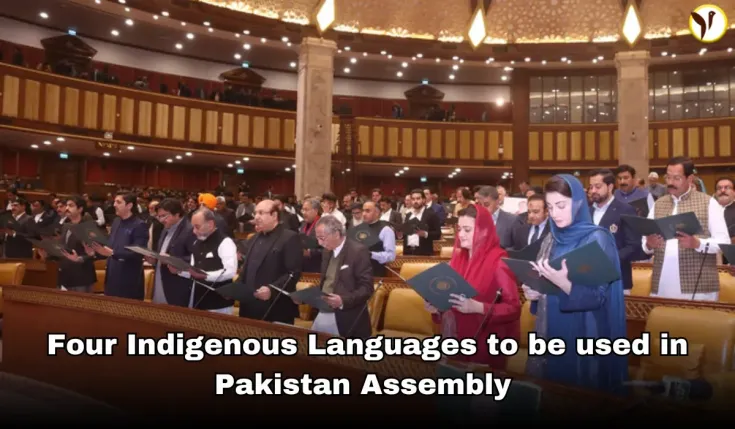In a significant development, the Punjab Assembly in Pakistan has amended its rules to allow Members of Parliament (MPs) to speak in four indigenous languages during legislative sessions. This change, spearheaded by a special committee under Speaker Malik Mohammad Ahmed Khan, marks a shift towards greater inclusivity and cultural recognition within the legislative body.
Previously, MPs were restricted to using only English and Urdu during Assembly sessions, requiring special permission from the Speaker to use any other language. This often led to situations where permission was denied, limiting the linguistic diversity in parliamentary debates. The recent amendments, however, now enable MPs to address the Assembly in Punjabi, Saraiki, Potohari, and Mewati, alongside English and Urdu.
The primary aim of these amendments is to promote a more inclusive and representative legislative environment. By acknowledging and incorporating regional languages, the Punjab Assembly seeks to improve communication and participation in legislative processes. This move reflects the multilingual nature of the province, ensuring that MPs can effectively express their constituents' views and participate in debates.
Speaker Malik Mohammad Ahmed Khan emphasized that the inclusion of regional languages in official proceedings demonstrates cultural respect and acknowledges Punjab's rich linguistic heritage. "Recognizing these languages strengthens the bond between the Assembly and the people, fostering a sense of cultural acceptance and respect," he stated.
The debate over whether Saraiki, Potohari, and Mewati are distinct languages or dialects of Punjabi persists. Proponents of these languages argue for their distinct status, while traditionalists often view them as dialects. Regardless of this debate, the amendments signify a progressive step towards linguistic inclusivity.
The decision has been met with positive reactions from various quarters, especially from speakers of these indigenous languages who view this as a long-awaited acknowledgment of their cultural identity. This move is expected to make the legislative process more accessible to a broader population, thus enhancing democratic participation.
The amendments are also seen as a strategic move to bridge the gap between the government and the people, particularly in regions where these languages are predominantly spoken. By allowing MPs to use indigenous languages, the Punjab Assembly is making a statement about the importance of linguistic diversity in governance.
The Punjab Assembly's decision to allow the use of indigenous languages in legislative sessions marks a historic moment for Pakistan's largest province. It is a testament to the evolving nature of legislative practices that aim to be more inclusive and representative of the diverse population they serve. As the Assembly moves forward with these changes, it sets a precedent for other legislative bodies in Pakistan to follow suit, embracing cultural and linguistic diversity in their proceedings.







